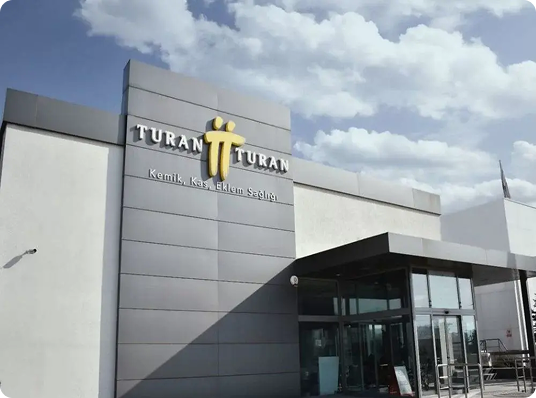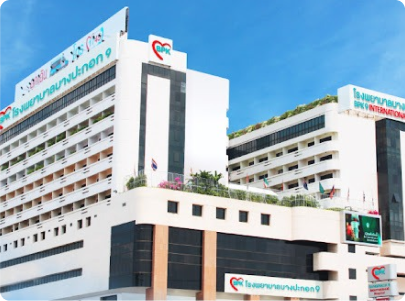PRK
As a specialized medical solution, PRK combines technological innovation, clinical expertise, and patient-centered strategies to optimize recovery, minimize complications, and ensure better overall healthcare experiences.
Get Expert Consultation
Speak with our medical travel experts to get personalized guidance for your procedure
✓ No commitment required • ✓ Expert guidance • ✓ Free consultation

Book Your Free Medical Consultation
Get expert advice—free and easy. Just fill out the form to start your health journey!
Key-Insights for
PRK
Procedure Time
About an hour under local anesthesia
Recovery Period
Several days to a few weeks before returning to normal activities
Expected Results
Improved vision, reduced dependence on glasses or contacts, and enhanced quality of life
Ideal Candidates
People with mild to moderate myopia (nearsightedness) or hyperopia (farsightedness)
PRK
As a specialized medical solution, PRK combines technological innovation, clinical expertise, and patient-centered strategies to optimize recovery, minimize complications, and ensure better overall healthcare experiences.

People seek these procedures for various reasons:
Aesthetic Enhancement
Say goodbye to glasses or contacts
Corrective Purposes
Experience life without the hassle of corrective lenses
Functional Restoration
Achieve sharper, clearer vision for a more enjoyable daily routine
Things to Check Before Treatment
- •Discuss your medical history with the surgeon, including any eye conditions or surgeries you've had.
- •Inform your doctor about any medications you're taking and follow their instructions on when to stop them before surgery.
- •Get a thorough eye examination to rule out any underlying conditions that could affect the outcome of PRK.
- •Check if your insurance covers PRK and what the coverage entails.
- •Research the qualifications and experience of the surgeon and the clinic where you'll have the procedure.
Potential Risks
- •Infection at the incision site
- •Undercorrection or overcorrection of vision
- •Dry eye, which can be chronic
- •Corneal ectasia, a condition that can cause progressive visual decline
- •Fluctuations in vision during the first few months after surgery
How to Choose the Right Country, Clinic, and Surgeon
Do's
Verify surgeon credentials (e.g. ISAPS, JPRAS)
Ask for before-after photos
Check language barriers
Review aftercare and follow-up options
Consider local laws on medical malpractice
Don'ts
Don't Choose a Clinic Based Only on Price
Don't Rely Solely on Social Media or Influencers
Don't Ignore Language Barriers
Don't Rush Into Surgery Without Research
Don't Assume You Can Fly Back Immediately
CureMeAbroad Services Are Absolutely Free.
You pay same rates for treatments as in the hospital's original price list.
CureMeAbroad Services Are Absolutely Free.
You pay same rates for treatments as in the hospital's original price list.


Book Your Free Medical Consultation
Get expert advice—free and easy. Just fill out the form to start your health journey!
PRK
Frequently Asked Questions
This procedure involves specific medical techniques tailored to address particular health conditions. Your doctor will explain the detailed process based on your case.

Help Me Plan My Treatment Abroad
End to End Treatment Planning Specifically curated as per your need. Just a Call away


Help Me Plan My Treatment Abroad
End to End Treatment Planning Specifically curated as per your need. Just a Call away


Book Your Free Medical Consultation
Get expert advice—free and easy. Just fill out the form to start your health journey!



